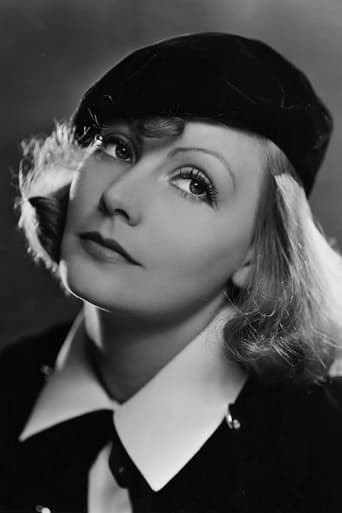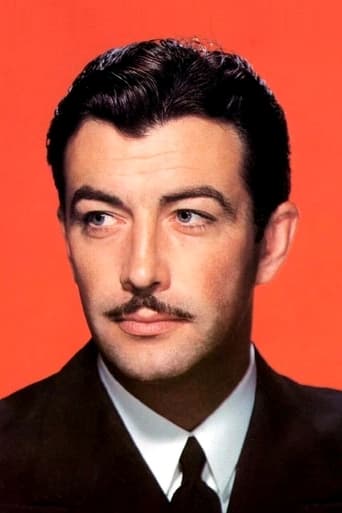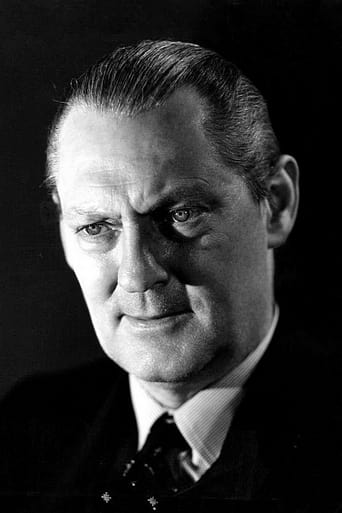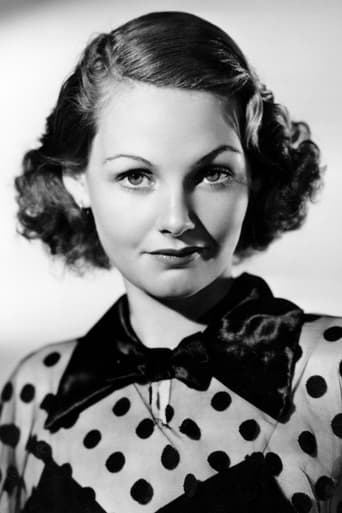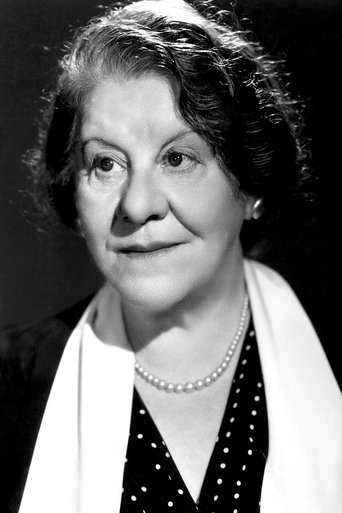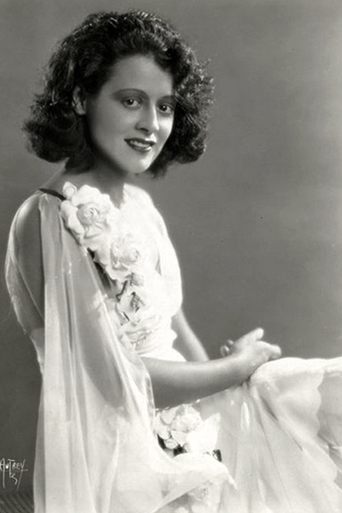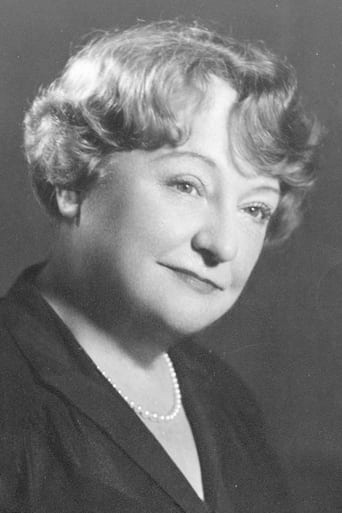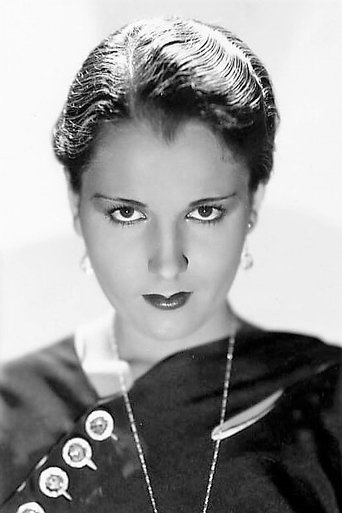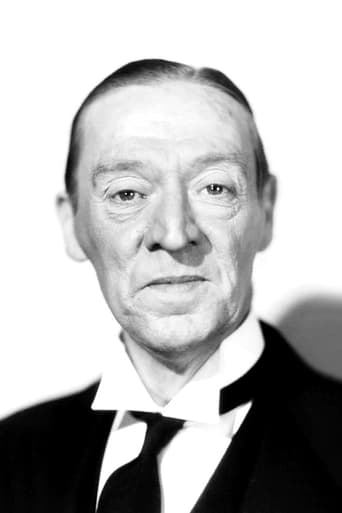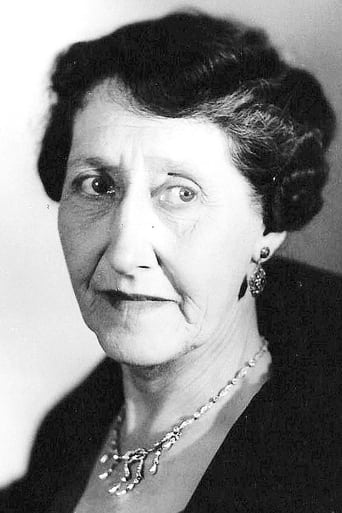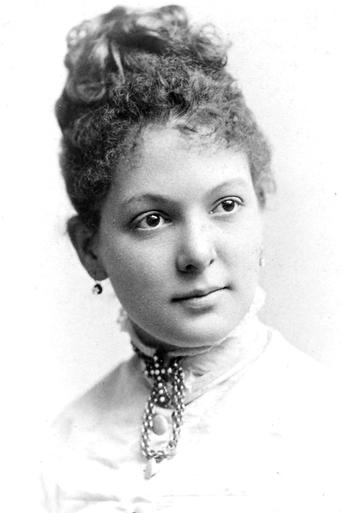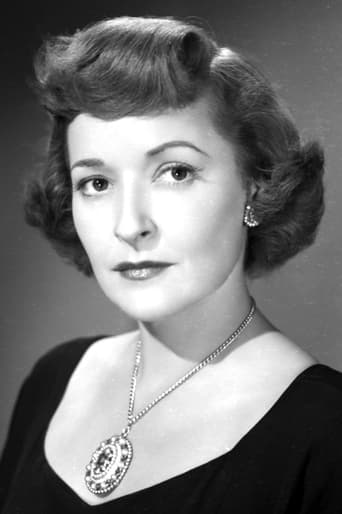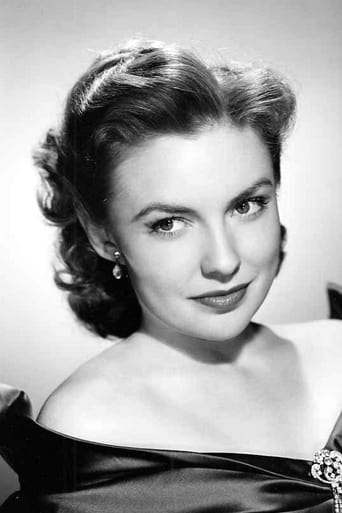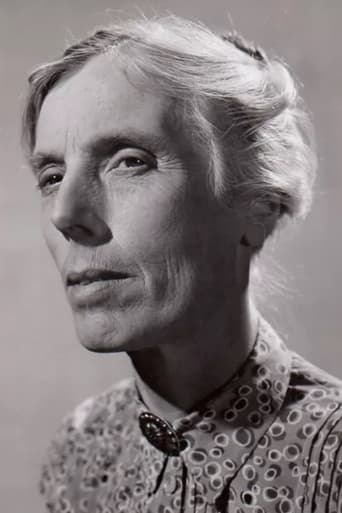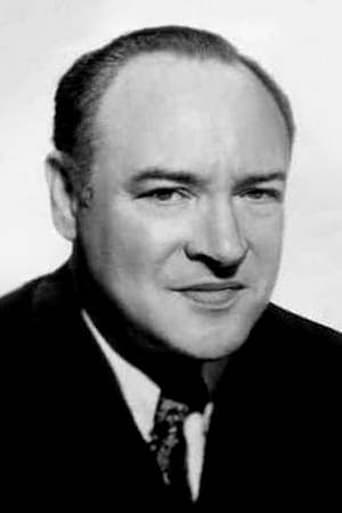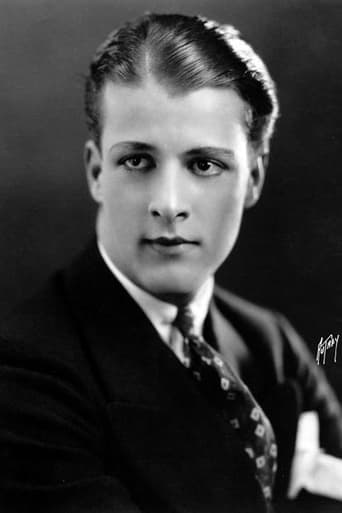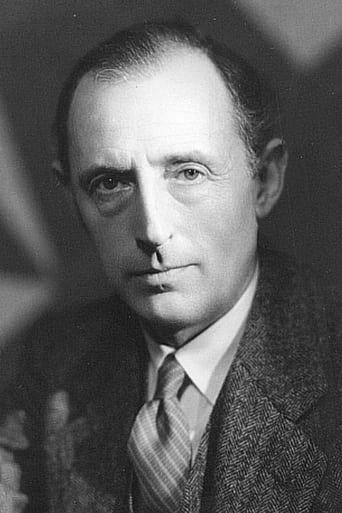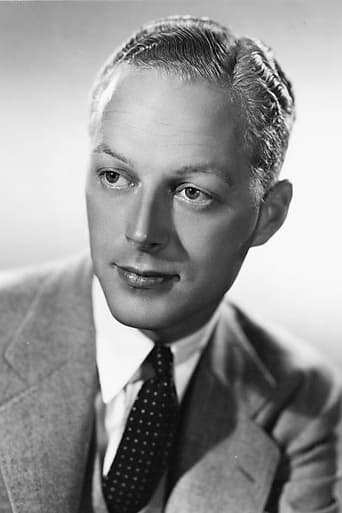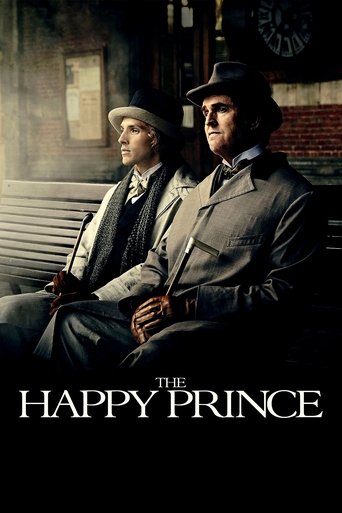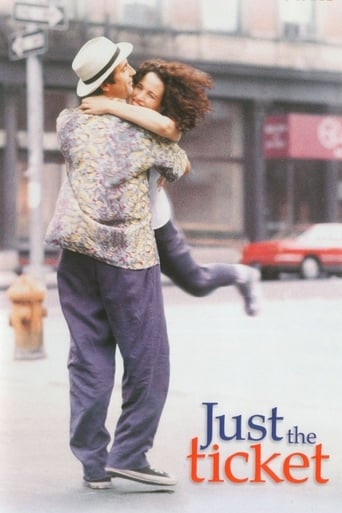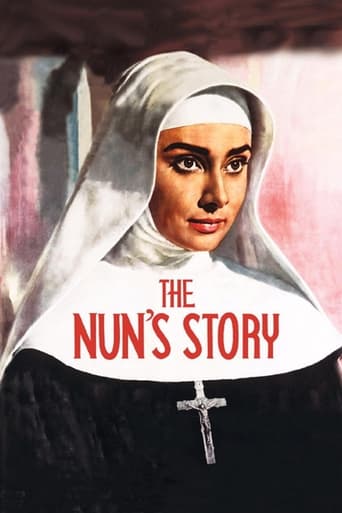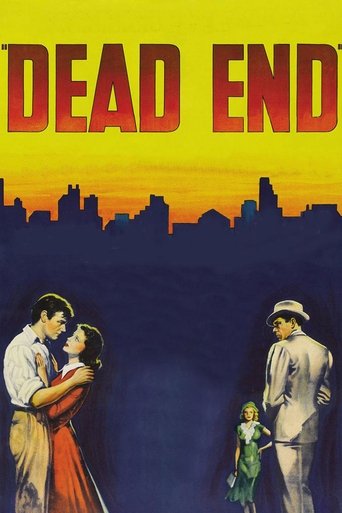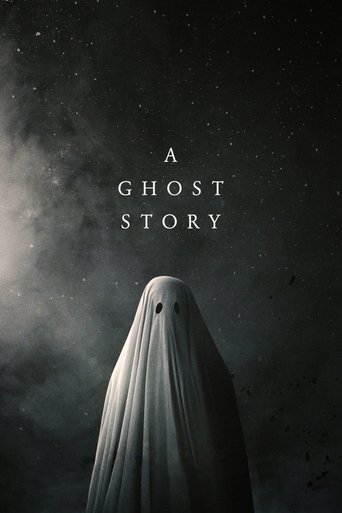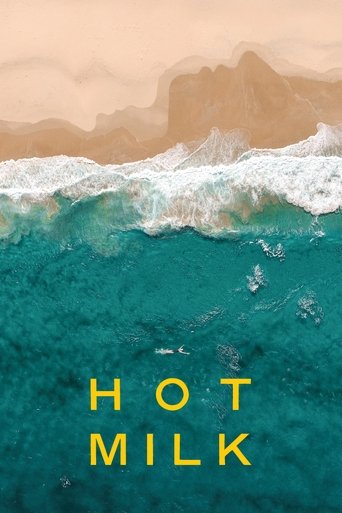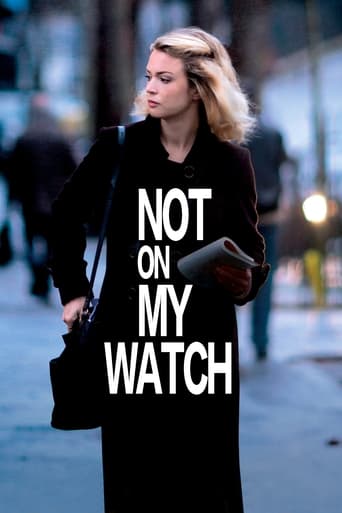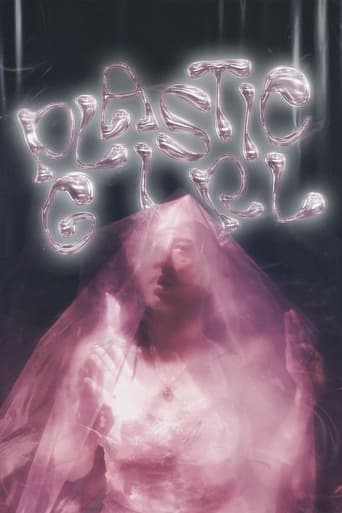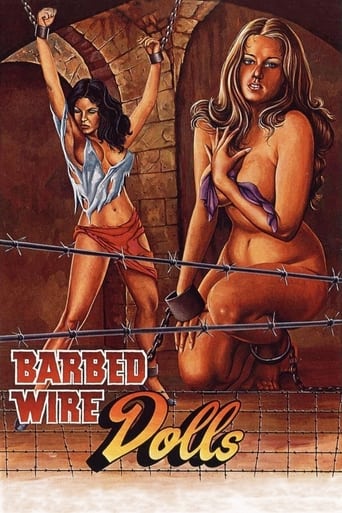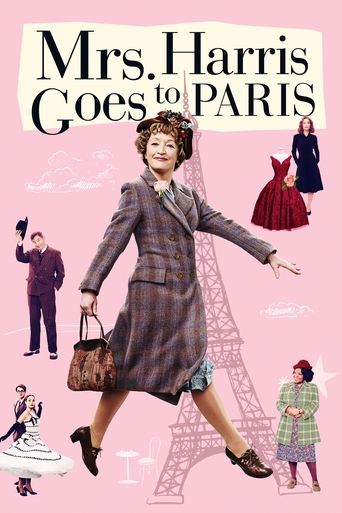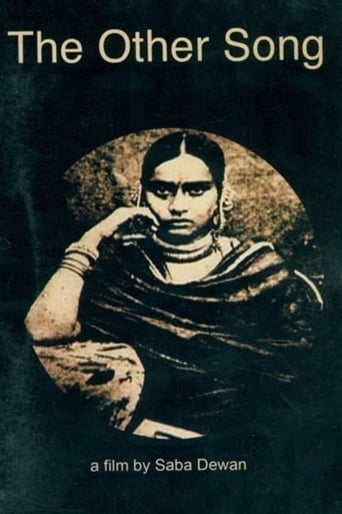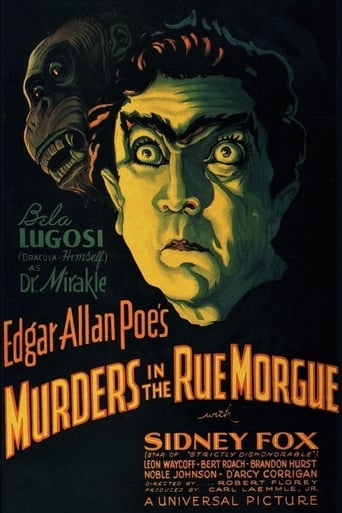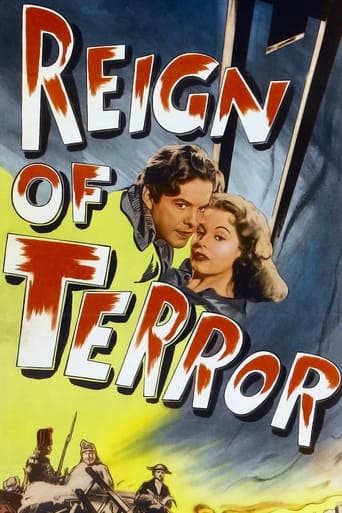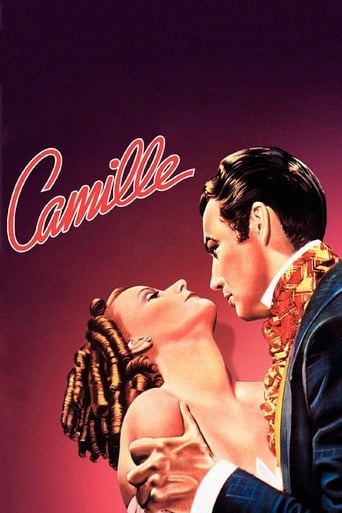
Camille (1936)
Life in 1847 Paris is as spirited as champagne and as unforgiving as the gray morning after. In gambling dens and lavish soirees, men of means exert their wills and women turned courtesans exult in pleasure. One such woman is Marguerite Gautier, who begins a sumptuous romance with Armand Duval.
- George Cukor
- Frances Marion
- James Hilton
- Alexandre Dumas fils
- Zoe Akins
Rating: 7/10 by 125 users
Alternative Title:
A Dama das Camélias - BR
Камелия - RU
つばきひめ - JP
La dama de las camelias - AR
Margarita Gautier - ES
Le roman de Marguerite Gautier - FR
Country:
United States of America
Language:
English
Runtime: 01 hour 49 minutes
Budget: $0
Revenue: $0
Plot Keyword: paris, france, courtesan, terminal illness, death, illness, tuberculosis, star crossed lovers, camelia, dying in arms
Greta Garbo (I'm not objective in the slightest here, because she's my favourite actress ever) is astonishing as The Lady of the Camellias in this, the most well-known cinematic rendition of Alexandre Dumas' tragic story. In comparison to the 1921 silent version, Cukor's a much better director, though Rudolph Valentino's better as Armand Duval. Both versions are intriguingly different, and Henry Daniell's just great as the villainous Baron. Essential viewing, especially for fans of Garbo and classic tearjerker films.
Greta Garbo "Marguerite" is on wonderfully seductive form in this classy adaptation of Alexandre Dumas' story. She is the comfortably off courtesan kept by the wealthy "Baron de Varville" (Henry Daniell) who is introduced to the handsome "Armand" (Robert Taylor). He falls for her hook, line and sinker - but she isn't just going to take him in her arms. He is young, handsome, naive - and skint, but he has a certain charm! Determination is also one of his qualities as he vows to take her away from it all to a quite recluse in the country where she can recover from a mysterious ailment. The intervention of the young man's father (Lionel Barrymore), puts a fly in this ointment - he pleads with her not to toy with his son's affections, nor to tarnish his reputation - and she returns to her old beau and his chequebook... It's the ultimate menage-à-trois. The witty and popular woman having to face the grim choice of a loveless relationship, or a penniless one... Cukor sets a high standard; he allows the story to evolve slowly and delicately. The production looks great with wonderful attention to detail, and there is a chemistry between Garbo and the very young Taylor that is quite enthralling. Needless to say, Daniell is his usual dastardly self as the Baron, and Jessie Ralph also detersives notices as "Nanine". Although the 1926, much shorter, version of this is interesting - it features Paul Robeson - this is my favourite version by far.

